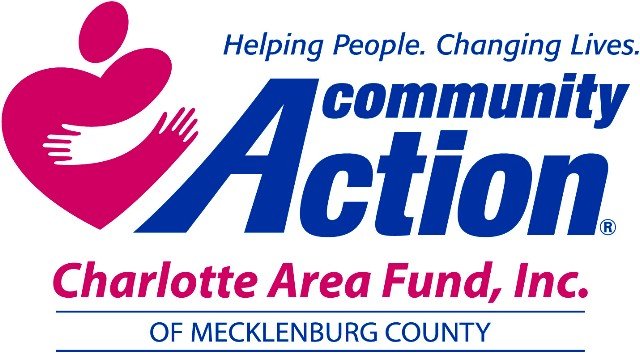As Charlotte-Mecklenburg moves forward with plans to expand its network of public buses and trains, some Black political leaders are urging elected officials to consider how those plans might impact Black communities.
At a news conference Tuesday, members of the Black Political Caucus of Charlotte-Mecklenburg said the $13.5 billion transportation plan and a proposed 1-cent sales tax to fund it could end up hurting, rather than helping, Black residents.
One concerns is that Black residents can least afford a sales tax increase, caucus members said. (A sales tax is said to be regressive because they have a steeper impact on low-income residents.)
Caucus leaders also expressed concern that light rail expansion could lead to displacement in Black communities.
Free Newsletter
Stay informed with news and events that impact Charlotte’s Black communities.
Caucus Chair Stephanie Sneed said “prior transit and light rail projects have already proven” that such projects displace Black residents, and she pointed to the Double Oaks, Optimist Park and Wilmore neighborhoods as examples.
The Wilmore neighborhood, she said, has lost 40% of its Black residents because of the gentrification that followed light rail development.
“In the past,” Sneed said, “our communities have been gutted by transportation.”
The Black Political Caucus was organized in 1965 to ensure that Charlotte-Mecklenburg’s Black residents have a voice on local, state and national issues.
To mitigate any harm that transit expansion might bring, the caucus says the mobility tax plan must include three provisions –anti-displacement measures, a commitment to minority vendor participation in transportation projects and a requirement for affordable housing near light rail stops.
The caucus raised its concerns just as city and county officials were preparing for a fact-finding trip to Austin, Texas, where the delegation will get to evaluate how Austin leaders handled a similar transportation project.
In 2020, Austin residents voted to raise the city’s property tax by roughly 4% to help fund a $7.1 billion transit plan. To address concerns, the city committed $300 million in that plan toward anti-displacement measures.
Bobby Drakeford, a Charlotte developer who chairs the Black Political Caucus’s economic development committee, said he hopes Charlotte will follow Austin’s example.
“They’ve allocated 4.2% of their dollars to these (anti-displacement) measures over the lifespan of the project, and we think that’s appropriate here,” he said.
Although no tax referendum has been announced, one could appear on Mecklenburg ballots in November, with a new tax starting in July 2023.
The new tax dollars would go toward funding a variety of transportation initiatives, including:
- extending the existing light rail line to Pineville and Ballantyne
- building a new light rail line to connect Matthews and Gaston County, with connecting stops in uptown Charlotte and at Charlotte Douglas International Airport
- redesigning the bus system.
